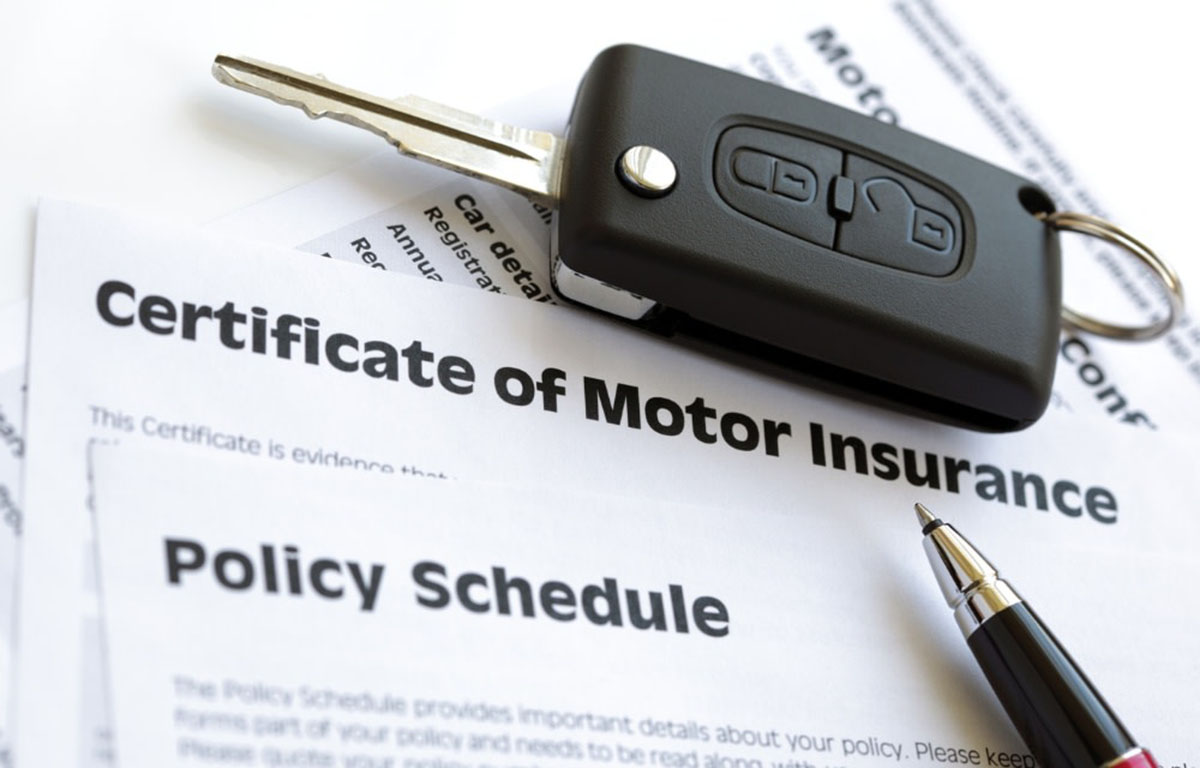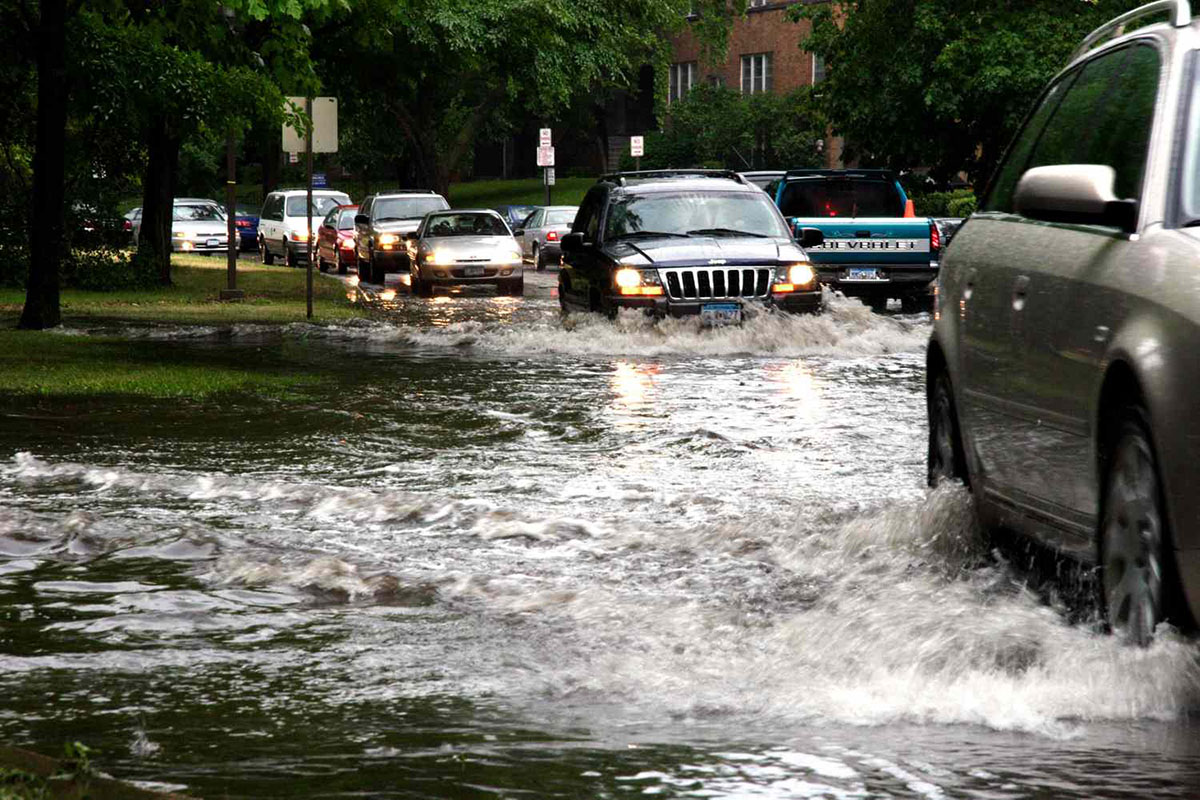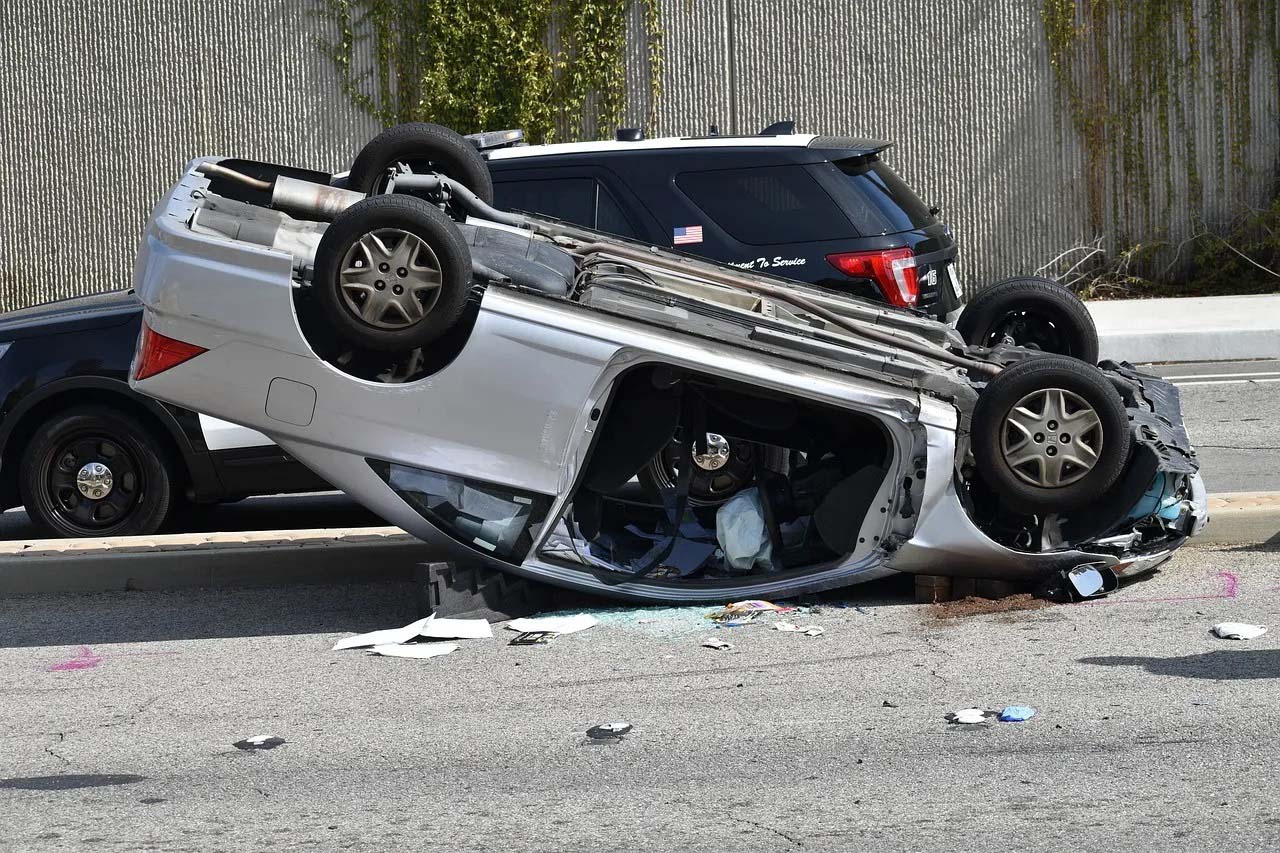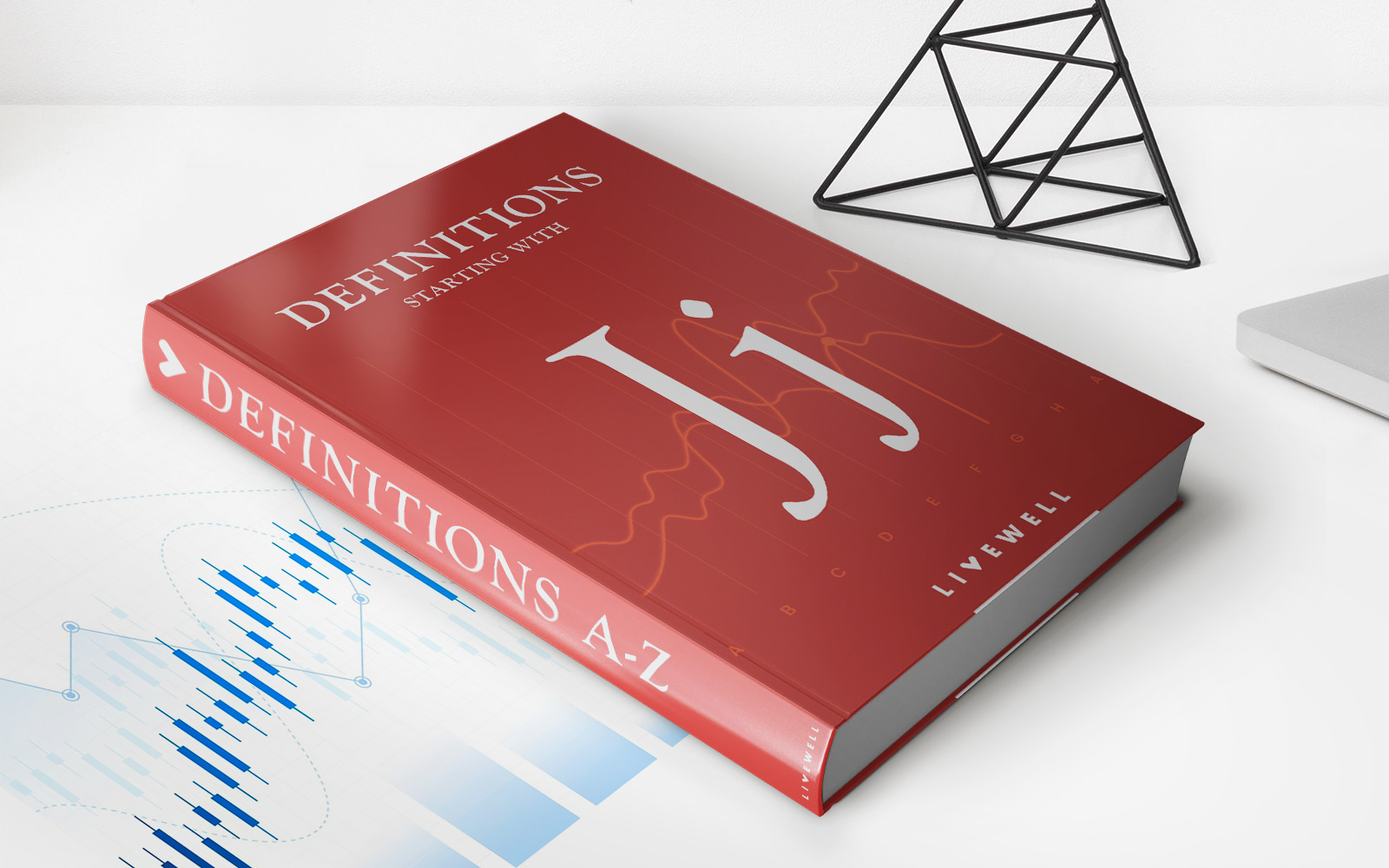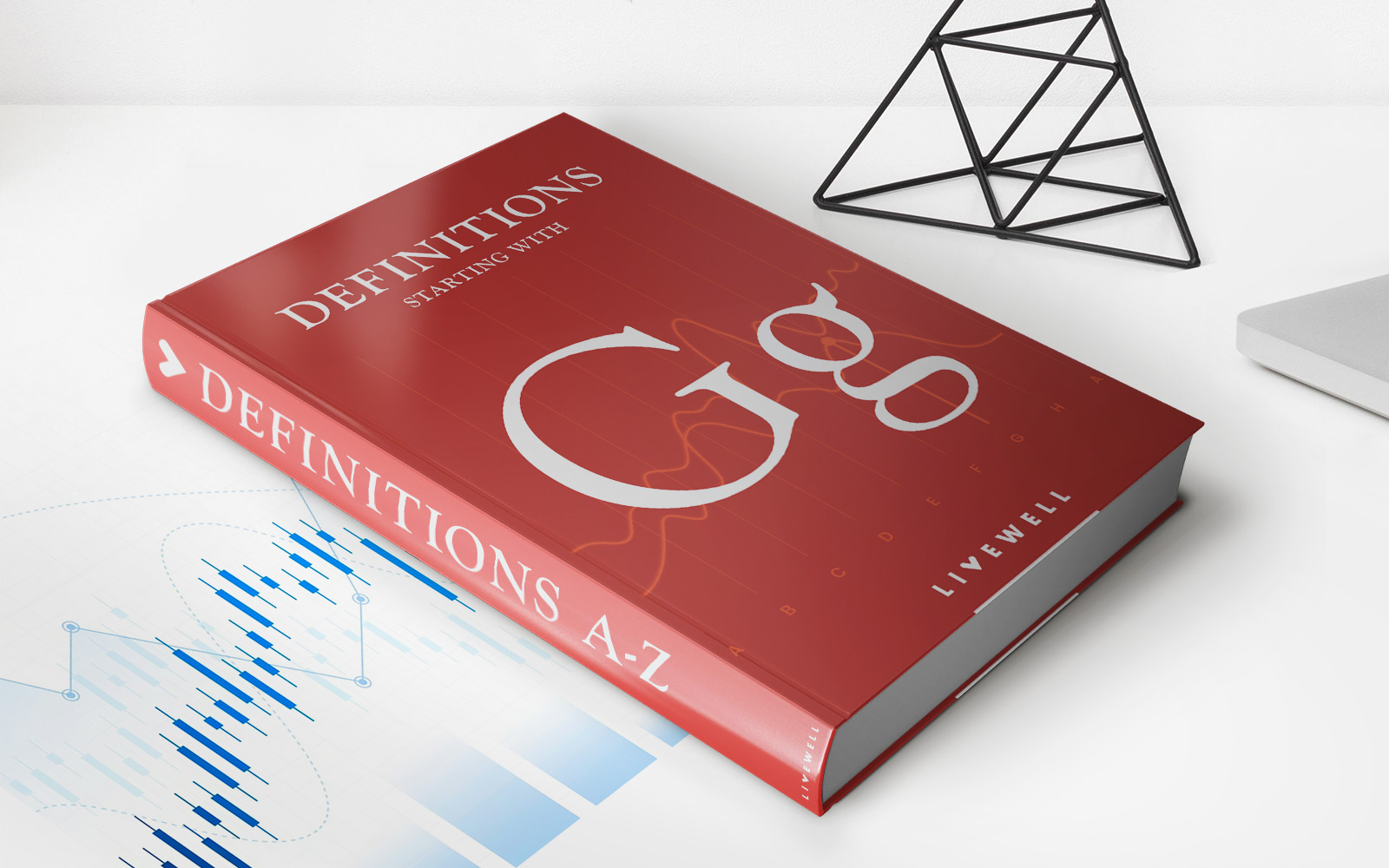

Finance
How Much Auto Insurance Do I Need In Florida
Modified: February 21, 2024
Find out how much auto insurance coverage you need in Florida with our comprehensive guide. Protect your finances and drive with confidence today!
(Many of the links in this article redirect to a specific reviewed product. Your purchase of these products through affiliate links helps to generate commission for LiveWell, at no extra cost. Learn more)
Table of Contents
Introduction
Auto insurance is a necessary and essential component of car ownership, providing financial protection and peace of mind in the event of accidents, theft, or damage to your vehicle. In the state of Florida, having the right auto insurance coverage is not only important but required by law.
Florida is known for its beautiful beaches, warm weather, and its bustling roadways. With millions of drivers on the roads, accidents are an unfortunate reality. That’s why it’s crucial to have adequate auto insurance to protect yourself and others financially if an accident occurs.
Understanding the auto insurance requirements in Florida can sometimes be confusing, as they differ from other states. In this article, we will delve into the minimum liability coverage required by law and explore optional insurance coverage to consider. Additionally, we will discuss the factors to consider when determining your auto insurance needs, and how to find the right coverage for you.
Whether you’re a seasoned Florida resident or new to the state, having a comprehensive understanding of auto insurance requirements will help you make informed decisions about your coverage. So, let’s dive in and demystify the world of auto insurance in Florida!
Understanding Florida Auto Insurance Requirements
When it comes to auto insurance in Florida, it’s essential to understand the state’s specific requirements. Unlike some other states, Florida follows a “no-fault” insurance system, which means that your insurance company will cover your medical expenses and other related costs, regardless of who was at fault in an accident. This is known as Personal Injury Protection (PIP) insurance.
In Florida, the minimum auto insurance requirement is:
- $10,000 in Personal Injury Protection (PIP) coverage
- $10,000 in Property Damage Liability (PDL) coverage
It’s important to note that these are the minimum requirements mandated by law, and you may choose to purchase additional coverage for further protection. However, failure to meet the minimum requirements can result in penalties, such as fines and potential suspension of your driver’s license and vehicle registration.
PIP coverage is designed to cover your medical expenses, regardless of who was at fault in an accident. It can also cover lost wages, funeral expenses, and other related costs. Property Damage Liability (PDL) coverage, on the other hand, pays for damage you cause to someone else’s property, such as their vehicle or a fence.
While PIP and PDL coverage are the minimum requirements, many drivers in Florida opt for additional coverage to ensure they are adequately protected in case of an accident.
Now that we have a basic understanding of the minimum auto insurance requirements in Florida, let’s explore some optional insurance coverage to consider.
Minimum Liability Coverage in Florida
As mentioned earlier, the minimum auto insurance requirements in Florida include Personal Injury Protection (PIP) coverage and Property Damage Liability (PDL) coverage. While these coverages provide essential protection, they may not be sufficient to fully protect you in certain situations.
Personal Injury Protection (PIP) coverage helps cover your own medical expenses and related costs, regardless of who was at fault in an accident. However, it does not cover all medical expenses or other liabilities that may arise from an accident. In some cases, injuries sustained in an accident can be severe and require extensive medical treatment and ongoing care. Moreover, PIP coverage does not extend to cover damages caused to others if you are at fault.
Property Damage Liability (PDL) coverage, on the other hand, covers the damages you cause to someone else’s property. While $10,000 may seem sufficient, the cost of property damage can easily exceed this amount. For example, damaging a luxury vehicle or a commercial building could result in high repair costs that may exceed your coverage.
Considering these limitations, it is advisable to consider higher liability coverage to protect yourself financially. Increasing your liability coverage can provide additional peace of mind and protect your assets in case of a significant accident where damages or medical expenses exceed the minimum coverage limits.
It is important to note that, while increasing your liability coverage may come at an additional cost in terms of premium, it can save you from potential financial ruin if you are involved in a severe accident.
Now that we have covered the minimum liability coverage in Florida and the potential limitations, let’s explore some optional insurance coverage that you may want to consider for additional protection.
Optional Insurance Coverage in Florida
While Florida requires drivers to carry Personal Injury Protection (PIP) and Property Damage Liability (PDL) coverage, there are additional optional coverages you can consider to enhance your auto insurance policy and provide extra protection.
1. Bodily Injury Liability (BIL) Coverage: Unlike PIP coverage, which only covers your own medical expenses, Bodily Injury Liability (BIL) coverage protects you if you are at fault in an accident and cause injuries to other people. This coverage helps pay for their medical expenses, lost wages, and other related costs. It is highly recommended to add BIL coverage to your policy to protect yourself from potential lawsuits and significant financial liabilities.
2. Uninsured/Underinsured Motorist (UM/UIM) Coverage: Unfortunately, not all drivers on Florida’s roads carry auto insurance. If you are involved in an accident with an uninsured or underinsured driver, UM/UIM coverage will help cover your medical expenses and vehicle damages. Considering the high number of uninsured or underinsured motorists, this coverage can provide invaluable protection.
3. Collision Coverage: Collision coverage helps cover the cost of repair or replacement of your vehicle in the event of an accident, regardless of who is at fault. This coverage is particularly beneficial if you have a newer, more expensive vehicle or if you want added peace of mind knowing that your car will be repaired or replaced in case of an accident.
4. Comprehensive Coverage: Comprehensive coverage protects your vehicle from non-collision-related incidents such as theft, vandalism, natural disasters, or damage caused by animals. If you want comprehensive protection for your vehicle, this coverage is worth considering.
5. Medical Payments Coverage: While Personal Injury Protection (PIP) coverage takes care of your medical expenses, adding Medical Payments coverage can provide additional support, covering deductibles, co-pays, and other medical-related costs that may not be covered by PIP.
By adding these optional coverages to your auto insurance policy, you can customize your coverage according to your needs and have additional protection against unforeseen circumstances. Keep in mind that adding optional coverage will increase your premium, but it can offer invaluable benefits and peace of mind.
Now that we have discussed the minimum liability coverage and optional coverage in Florida, let’s move on to the factors you should consider when determining your auto insurance needs.
Factors to Consider when Determining Auto Insurance Needs
When determining your auto insurance needs in Florida, several factors should be taken into consideration. Understanding these factors will help you assess the level of coverage required to adequately protect yourself and your vehicle. Here are some important considerations:
1. Value of Your Vehicle: The value of your vehicle plays a significant role in determining the type and amount of coverage you need. If you have a newer or more expensive vehicle, comprehensive and collision coverage may be essential to protect your investment.
2. Personal Finances and Assets: Consider your personal financial situation and assets. Higher liability coverage might be necessary if you have significant assets to protect in the event of a lawsuit resulting from an accident.
3. Driving Habits and History: Your driving habits and history can also impact the level of coverage you need. If you have a history of accidents or traffic violations, you may want to consider higher coverage limits to protect yourself from potential future incidents.
4. Usage of Your Vehicle: Consider how frequently and for what purposes you use your vehicle. If you use your car for commuting or long-distance travel, you may need additional coverage to protect against higher risks.
5. Financial Obligations: Take into account any financial obligations you have, such as auto loans or leases. The lending institution or leasing company may have specific insurance requirements that you need to fulfill.
6. Deductibles and Premiums: Evaluate your financial capability to handle deductibles and premiums. Higher deductibles can lower your premium, but it’s important to make sure you can afford to pay the deductible in the event of a claim.
7. Additional Drivers: If you have additional drivers in your household, consider their driving records and insurance needs. Adding them to your policy or ensuring they have their own coverage is crucial to protect yourself and your family members.
8. Risk Tolerance: Assess your risk tolerance. If you prefer to have more comprehensive coverage and are willing to pay higher premiums, you may opt for additional optional coverages to minimize potential risks.
Taking these factors into account will help you determine the appropriate level of coverage needed for your auto insurance in Florida. Keep in mind that insurance needs may vary from person to person, so it’s important to assess your unique circumstances and consult with an insurance professional if necessary.
In the next section, we will discuss how to determine the right auto insurance coverage for you.
Determining the Right Auto Insurance Coverage for You
Choosing the right auto insurance coverage for your needs in Florida requires careful consideration and evaluation. It’s important to strike a balance between ensuring adequate protection and being mindful of your budget. Here are some steps to help you determine the right coverage:
1. Assess Your Needs: Evaluate your personal circumstances, including the value of your vehicle, your financial situation, and the level of risk you are comfortable with. Take into account the factors we discussed earlier, such as your driving habits, usage of the vehicle, and any financial obligations you have.
2. Research Different Coverage Options: Familiarize yourself with the different types of coverage available in Florida, including the mandatory minimum coverage, as well as optional coverages such as Bodily Injury Liability (BIL), Uninsured/Underinsured Motorist (UM/UIM) coverage, Collision coverage, Comprehensive coverage, and Medical Payments coverage. Understand what each type of coverage entails and how it can contribute to your overall protection.
3. Consider Additional Factors: Think about any additional factors that may impact your insurance needs. For example, if you frequently travel or commute long distances, you may want to consider higher coverage limits. If you have a lease or loan on your vehicle, make sure your coverage meets the requirements of the leasing company or lender.
4. Get Multiple Quotes: Shop around and obtain quotes from different insurance providers. This will help you compare coverage options, premiums, and deductibles. Keep in mind that it’s not just about finding the cheapest policy, but rather finding the best value for the coverage you need.
5. Consult with an Insurance Professional: If you find the process overwhelming or need assistance in determining the right coverage, don’t hesitate to consult with an insurance professional. They can provide guidance and help tailor a policy to meet your specific needs.
6. Review and Update Your Policy Regularly: Insurance needs can change over time, so it’s important to review your policy annually or when significant life events occur. This ensures that you have the appropriate coverage as your circumstances evolve.
By following these steps and considering the factors unique to your situation, you can determine the right auto insurance coverage for your needs in Florida. Remember, auto insurance is essential for protecting yourself, your vehicle, and your financial well-being in the event of an accident or unforeseen circumstances.
Now, let’s summarize what we have covered in this article.
Conclusion
Having the right auto insurance coverage is not only a legal requirement in Florida but also a crucial aspect of responsible car ownership. Understanding the minimum liability coverage required by law and considering optional coverages can ensure you have the adequate protection needed in case of accidents or unforeseen circumstances.
While the minimum liability coverage includes Personal Injury Protection (PIP) and Property Damage Liability (PDL) coverage, it is important to evaluate your personal needs and consider additional coverage options. Optional coverages like Bodily Injury Liability (BIL), Uninsured/Underinsured Motorist (UM/UIM) coverage, Collision coverage, Comprehensive coverage, and Medical Payments coverage can provide extra layers of protection.
When determining the right auto insurance coverage for you, take into account factors such as the value of your vehicle, your personal finances, driving habits and history, and your tolerance for risk. Comparing quotes from different insurance providers and consulting with an insurance professional can help you tailor a policy that meets your specific needs.
Remember to review and update your policy regularly to ensure it aligns with any changes in your circumstances. By doing so, you can have the peace of mind that comes with knowing you have the right coverage to protect yourself, your vehicle, and your financial well-being.
Auto insurance may seem like an additional expense, but it provides invaluable protection and can save you from potential financial hardship in the event of an accident. So, don’t underestimate the importance of having the appropriate auto insurance coverage in Florida.
Now that you have a better understanding of Florida’s auto insurance requirements, optional coverages to consider, and factors to evaluate when determining your coverage needs, you can make informed decisions to ensure you are adequately protected on the road.


